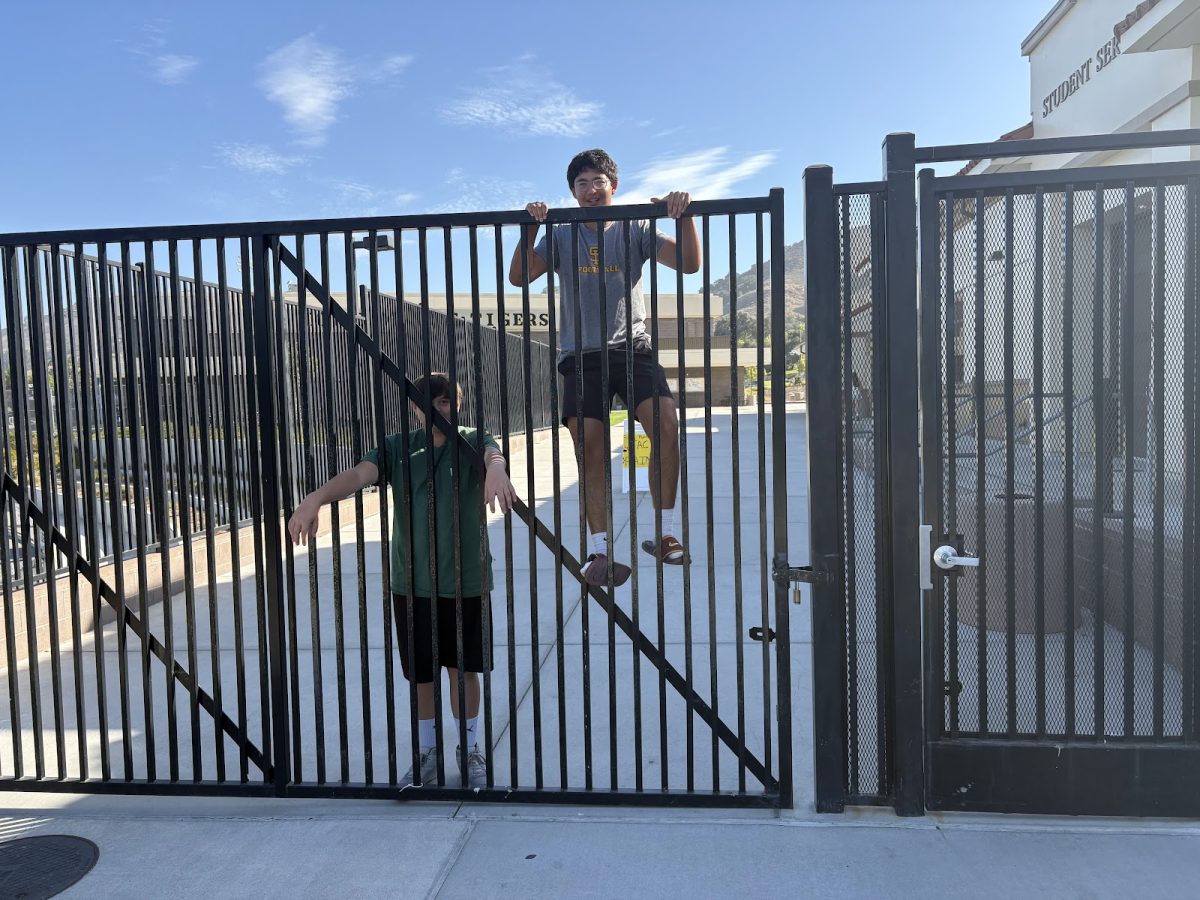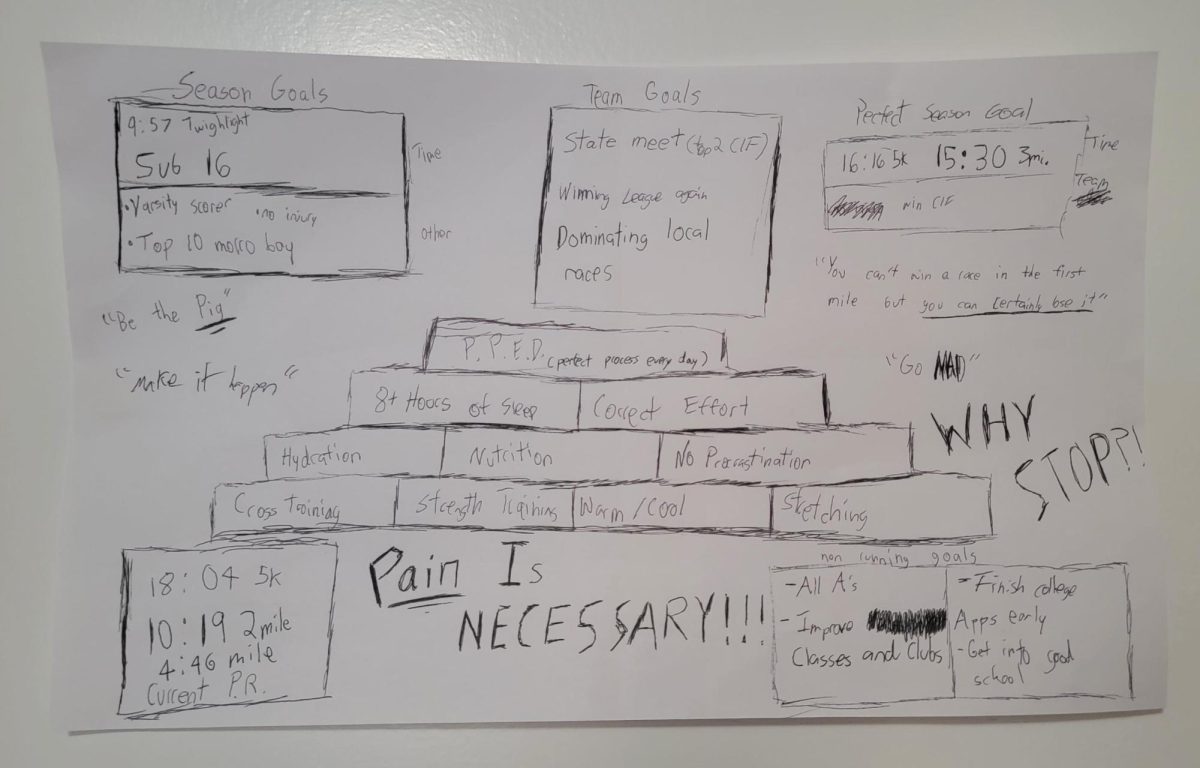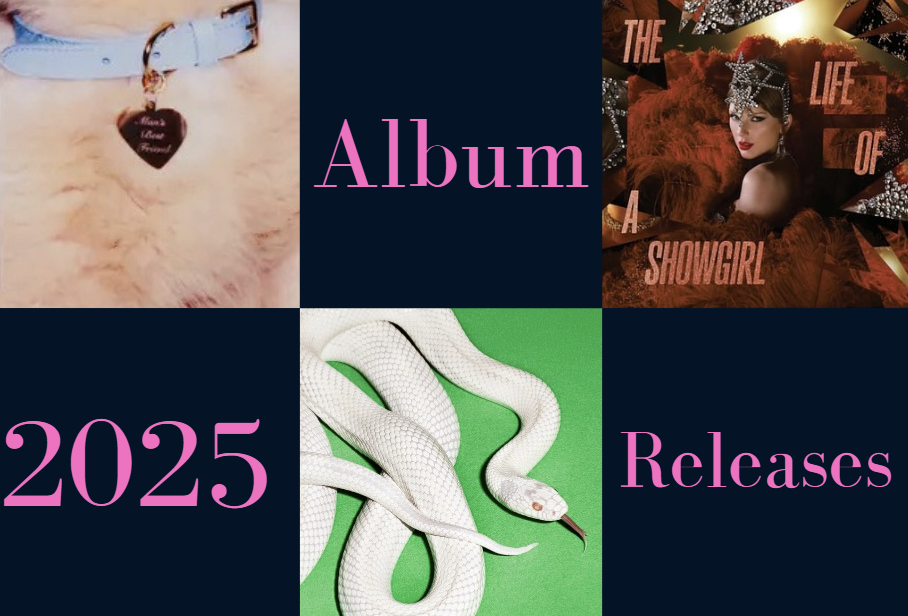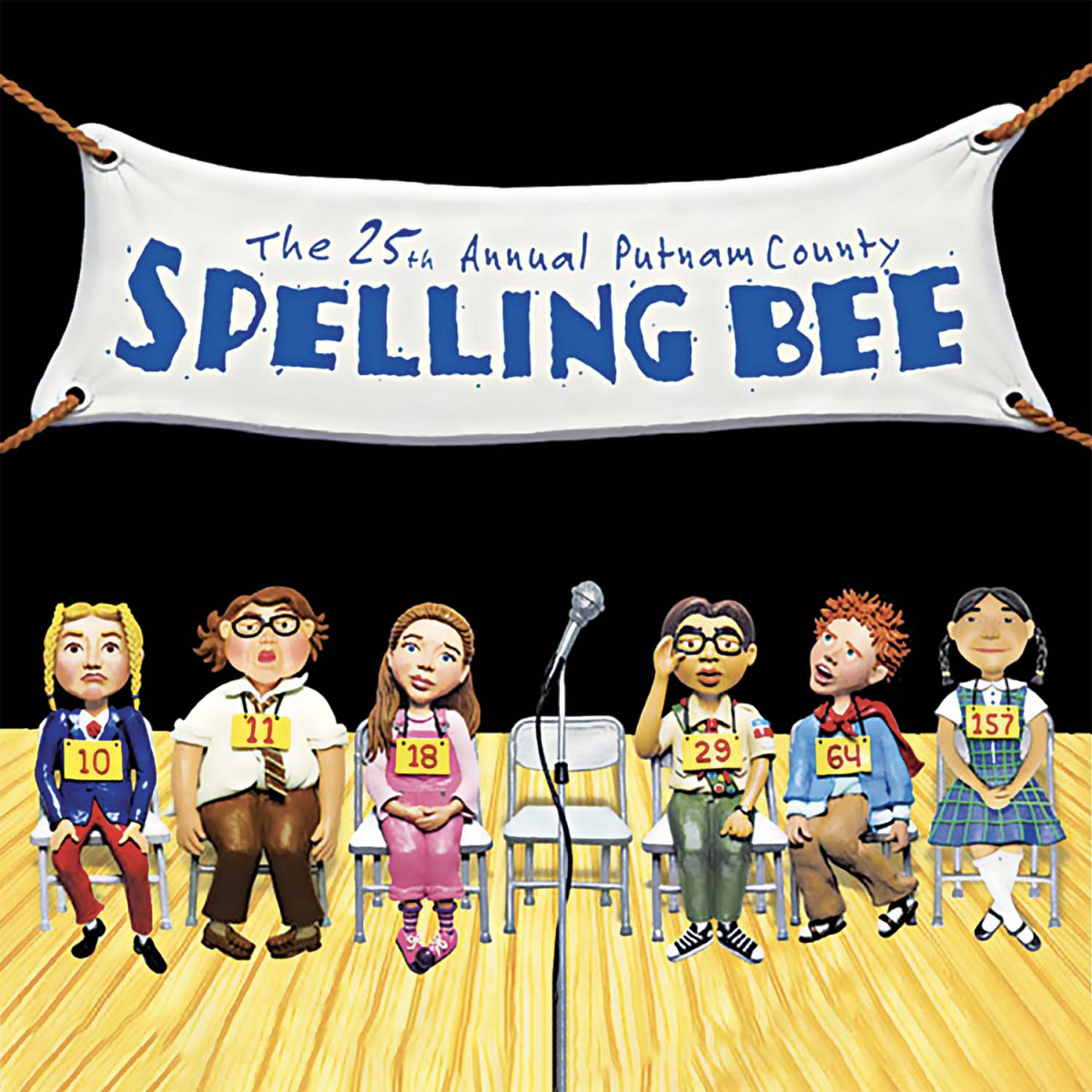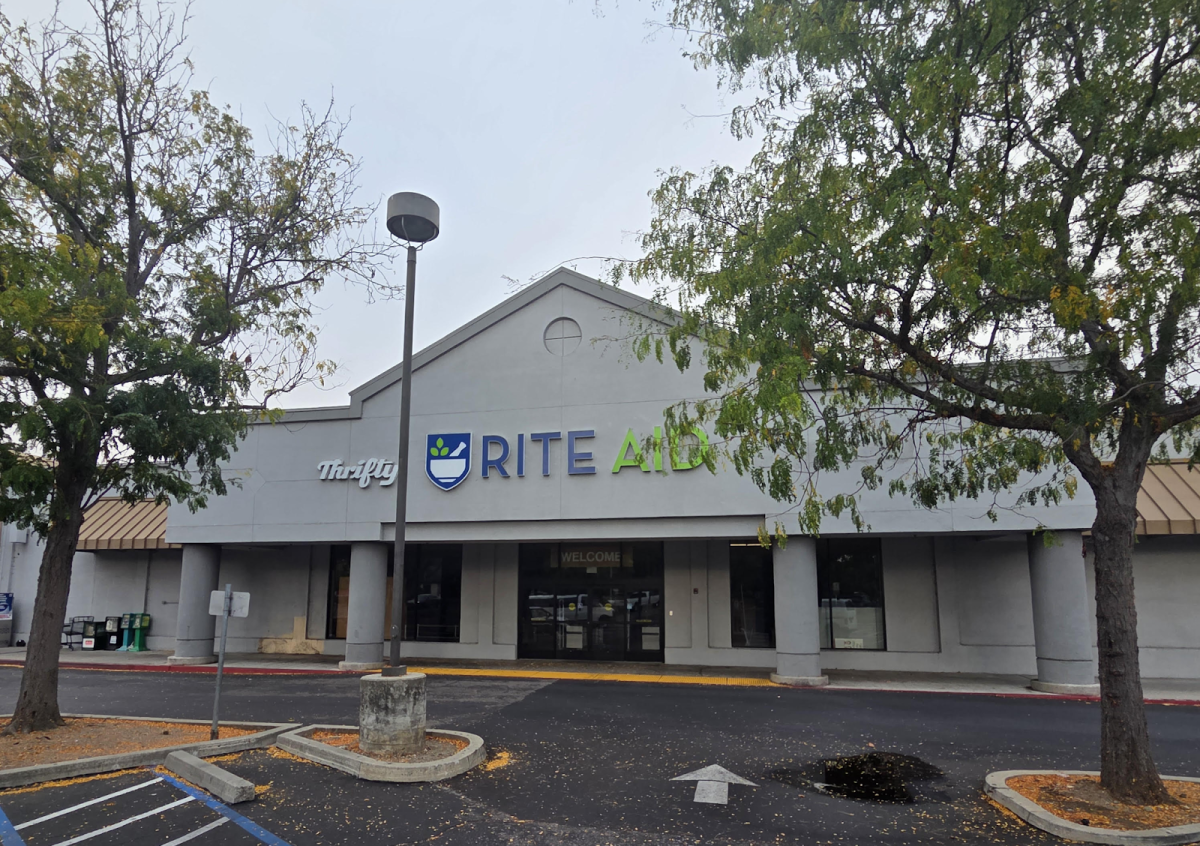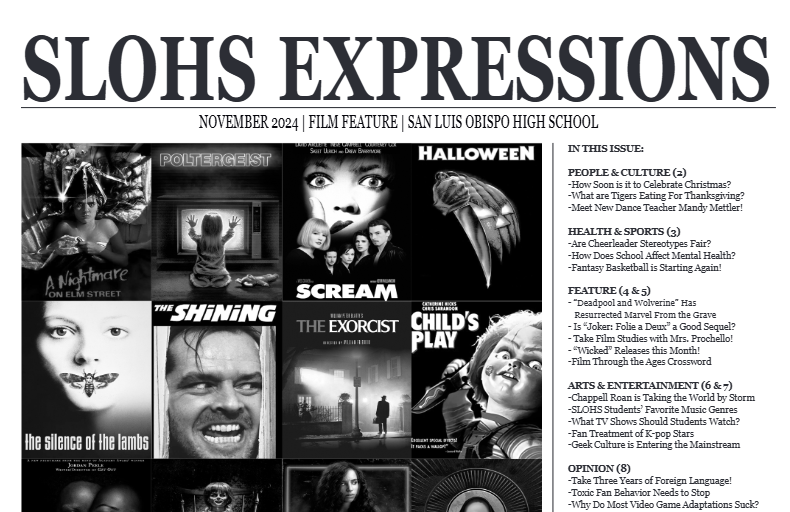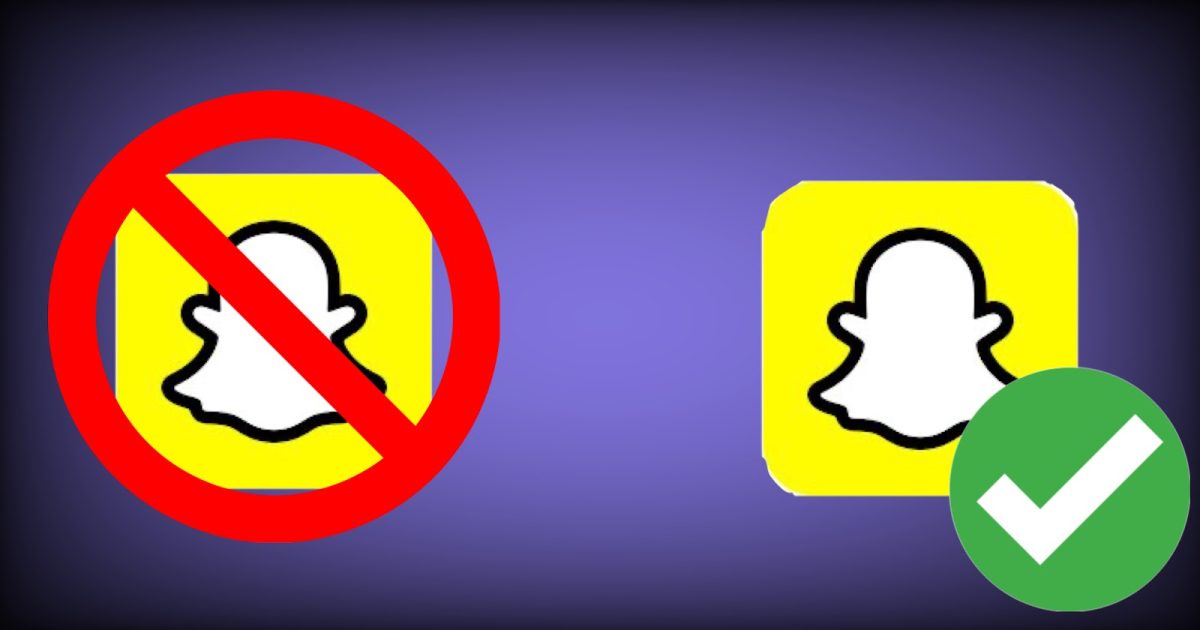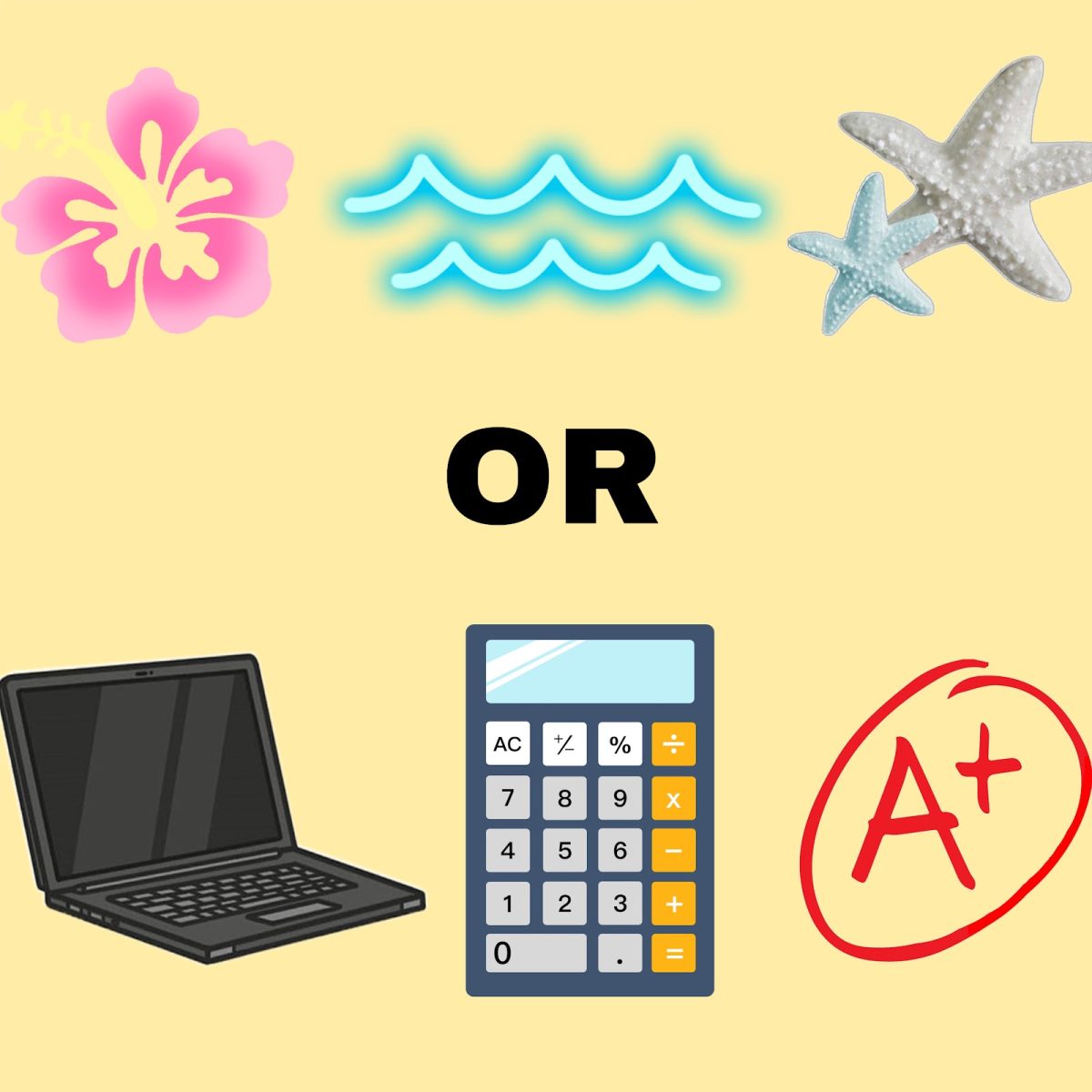As San Luis Obispo High School seniors begin to receive their acceptance letters from universities they’ve dreamed of attending for years, those watching these excited students gloat in the glory of their achievements can’t help but to wonder if flashy names and high tuitions really make a difference when it comes to education. Although we’ve been conditioned to believe that tuition prices of over sixty thousand dollars a year are synonymous with the best education available, one’s quality of education is not simply the result of the school they attend, but the result of their attitude towards learning.
“You can have a horrible education at a great college and a great education at a ‘horrible’ college, it all depends on how much you value it and how hard you work at it. Your education does not depend wholly on professors and prestige, but on your willingness to apply yourself,” said senior Darcy Hummell.
Every year, there are several high achieving students who choose to attend a Universities of California or a California State University. As these students announce their well thought out decisions, they are more often than not met with whispers of confusion. As we wonder why someone with such a high GPA and great SAT score would go to a “lowly” public school, we tend to ignore the possible financial situations of those whom we question. As students in a relatively wealthy town, we tend to assume the financial wellbeing of those around us. However, it is undeniable that many high achieving students, even when recipients of numerous scholarships and grants, cannot afford the “prestigious” education of many of their peers.
However, this is not simply a tale of the perils of low-to-average wealth; “cheap” colleges and universities, although looked down upon by many ambitious students, do not hinder education or future job opportunities. Author and journalist Malcolm Gladwell, who has studied the long term return on investment of both expensive and inexpensive universities, said about the issue, “If Harvard is $60,000 and University of Toronto, where I went to school, is maybe six. So you’re really telling me that education is ten times better at Harvard than it is at University of Toronto? That seems ridiculous to me.
Although future employers do take into consideration the rigor and difficulty of one’s alma mater, they more greatly value the “skills, GPA, character and personal attributes” of a prospective employee. One may be tempted to list all of the benefits that may come with a pricey education, from extensive libraries to revered professors, but one must also realize that these facilities and benefits are also to be found at our proud public colleges and universities.
“I think it’s true that inexpensive schools can offer an excellent education, so long as you’re putting in the requisite effort, and I don’t think the price is really the factor that makes a difference. But if you wanted to talk like, standard public school versus so-called-elite-private university, I think what people are paying for is mostly a connected alumni network, cultural cachet, and certain opportunities that may not be available at less expensive/less ‘prestigious’ schools,” said senior Sam Pal.
It is undeniable that a certain degree of internalized classism and “snobbery” is partially to blame for our judgement of those pursuing public education; it is a societal norm to associate lack of wealth with lack of intelligence and education. However, we must realize that it is not “stupid” nor “a waste” to go to a public college or university; it is an informed decision to dedicate one’s self to a future of knowledge, without drowning in loans.
Sources:






